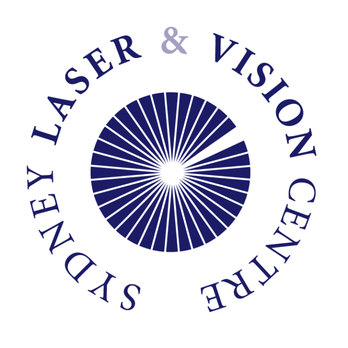Keep an Eye on Your Immunisation for Eye Health
Vaccinations are widely regarded as one of the most significant achievements in modern medicine. While the world is awash with news of Covid-19 vaccinations, there is another important vaccine which many people neglect, and one which is vital for eye health: the Herpes Zoster vaccine.
While vaccinations are most commonly thought of as something which are administered in childhood years, the Herpes Zoster vaccine is one which is administered to adults. In Australia around 120,000 new cases of herpes zoster occur each year.
How does Herpes Zoster affect eye health?
Herpes Zoster can affect the eye and is called Herpes Zoster Ophthalmicus. Incidents of Herpes Zoster Ophthalmicus (or eye-based shingles) have tripled since 2004 and are typically more common in adults over the age of 50. Although doctors are unsure of why there has been such as substantial increase in Herpes Zoster Ophthalmicus (HZO) cases, they are sure that vaccination is the one sure way to prevent the occurrence of the disease and the risk of going blind because of it.
“HZO is a particularly nasty condition to treat because patients can have both pain and a lack of sensation at the same time,” says Sydney based Ophthalmologist Dr David Robinson. “HZO can also attack the nerves in the cornea, which often never fully heal leading to the need for life-long treatment, as well as the endurance of life-long debilitating pain.” In addition to this, it is also noteworthy that shingles of the eye region can impact mental health because of the chronic and unyielding nature of the pain.
HZO can also cause also lead to retinitis (inflammation of the retina) which can be acutely blinding and irreversible.
Herpes zoster opthalmicus is just one of a number of diseases (including Haemophilus influenza type B, measles, rubella, and meningococcal meningitis) that have the potential to cause blindness, but which are easily preventable via vaccination.
Why do vaccines work for eye health?
Vaccines are considered to be one of the most successful and cost-effective public health measures to prevent diseases and save lives. “Congenital blindness was a massive problem in Western Countries prior to immunisation. Measles, Rubella and Meningococcal Meningitis are still common causes of childhood blindness in developing countries,” Dr David Robinson, Sydney eye doctor said.
In 2019 the World Health Organisation listed vaccine hesitancy as one of the ten leading threats to global health. One hopes that if there is some benefit to come from the COVID-19 situation it might be that more people become aware of just how vital vaccines are for the health of people everywhere.
What is the National Immunisation Program?
The Australian Government’s National Immunisation Program (NIP) Schedule contains a list of recommendation immunisations, as well as the specific times of life for them to be administered. The schedule recommends shingles immunisation for adults aged 60 years and over or adults aged 50 or over who live in the same household as someone who has a weakened immune system. It is also provided for free for those aged 70 years to 79 years, under the National Immunisation Program (NIP).
The benefits of vaccination for eye health
With the world now well aware of the benefits of vaccination in preventing debilitating disease, it’s imperative that we all take advantage of the vaccines that we do have available in order to protect ourselves and those around us from illness, potential blindness or even death.
